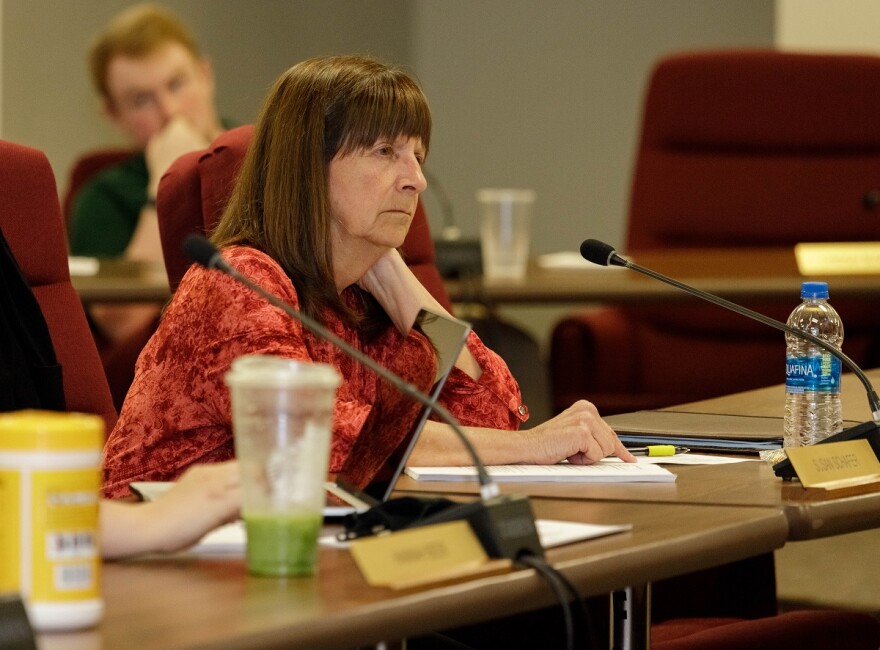McLean County is taking part in a national effort to improve mental health treatment. The National Association of Counties has tabbed McLean County and about a dozen other counties and cities across the United States to share ideas through the new Familiar Faces Initiative.
City and county government officials have been sharing ways to improve care for people who frequently end up in jail or the hospital because of untreated mental health problems.
County board member Susan Schafer is the McLean County representative on the panel. She chairs the county board’s health committee and has been one the leaders of the county's mental health initiative.
“We are doing a lot of building infrastructure, changing a system that didn’t talk to each other to talk to each other and collaborate together,” Schafer said.
She said McLean County's program that offers treatment for frequent offenders, FUSE (Frequent User Systems Engagement), has significantly reduced the number of visits to jail and hospital emergency rooms. She noted during the first 18 months of the program, emergency room visits dropped from 50 to 1 among the first six clients in the program, and their contacts with the justice system dropped from 30 to 5 during that time.
According to county records, FUSE has 12 clients as of May 31. Two of them are currently employed and eight are housed. Schafer said the FUSE program uses grant funding to provide stable housing for clients who need it, but she said access to stable, affordable housing is the number one challenge many FUSE participants face.
The FUSE program is in contact with other potential clients, but she said it takes time to build trust to convince some people in mental health distress that they need help.
Schafer said the county first got involved in the Data Driven Justice Initiative in 2015 to find ways to help those frequent offenders. She said that effort has taken on many facets, including interventions for young adults, which the county is working to develop.
Schafer said she has met virtually with the other cities and counties once so far, but more meetings are planned. She said McLean County plans to continue dialogue with the Familiar Faces Initiative to get technical assistance on how health care agencies can be included in the client data sharing between the courts and law enforcement.
“We’re lacking the connection to the health care, which is what we’ve been wanting for a long time,” Schafer said. “I think that’s really going to make an impact to help not only our familiar faces, but I think it’s going to have a very positive impact on the other providers in the community.”
The county is in the process of overhauling its electronic justice system.
McLean County’s behavioral health initiative is funded by a 1% sales tax collected in Bloomington and Normal since 2015.
The county has scheduled a behavioral health forum on Oct. 4 at the Marriott Hotel and Conference Center in Normal. Schafer said more details will be announced at a later date.



